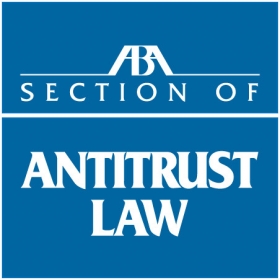Conventional wisdom holds that the European Union has opted to apply its competition law to the exercise of intellectual property rights to a much greater extent than has the United States. In a new article, published in Vol. 79(1) of the Antitrust Law Journal, Paul-Erik Veel and I argue that, at least in the context of copyright protection, this conventional wisdom is false.
While European antitrust regulation of refusal to license one's intellectual property does seem much more robust and activist than U.S. antitrust regulation of similar conduct, focusing solely on one narrow aspect of antitrust doctrine—the treatment of a unilateral refusal to deal—tells less than half the story.
Once various doctrines of copyright law are taken into account (for example, the treatment of compilations, the merger doctrine, fair use, or copyright misuse), the substantive difference between the European and American approaches not only narrows, but in some key respects is reversed. While European jurisdictions have relatively expansive copyright protection which may require antitrust intervention to check anti-competitive uses of copyrighted works, American copyright law provides stronger internal limits on copyright protection, which thereby lessens the need for resort to antitrust law as an external check on anti-competitive uses of copyrighted works.
Furthermore, when the broader impact that antitrust law might have on the exercise of IP rights in the United States is considered (not only in substance, but also in antitrust process), it becomes apparent that in key respects, when innovative-competition is at stake, U.S. law grants overall weaker copyright protection than that available in Europe.
We also explain why the two jurisdictions have adopted distinct approaches to resolving similar problems and evaluate those approaches.
The article can be downloaded from here.

